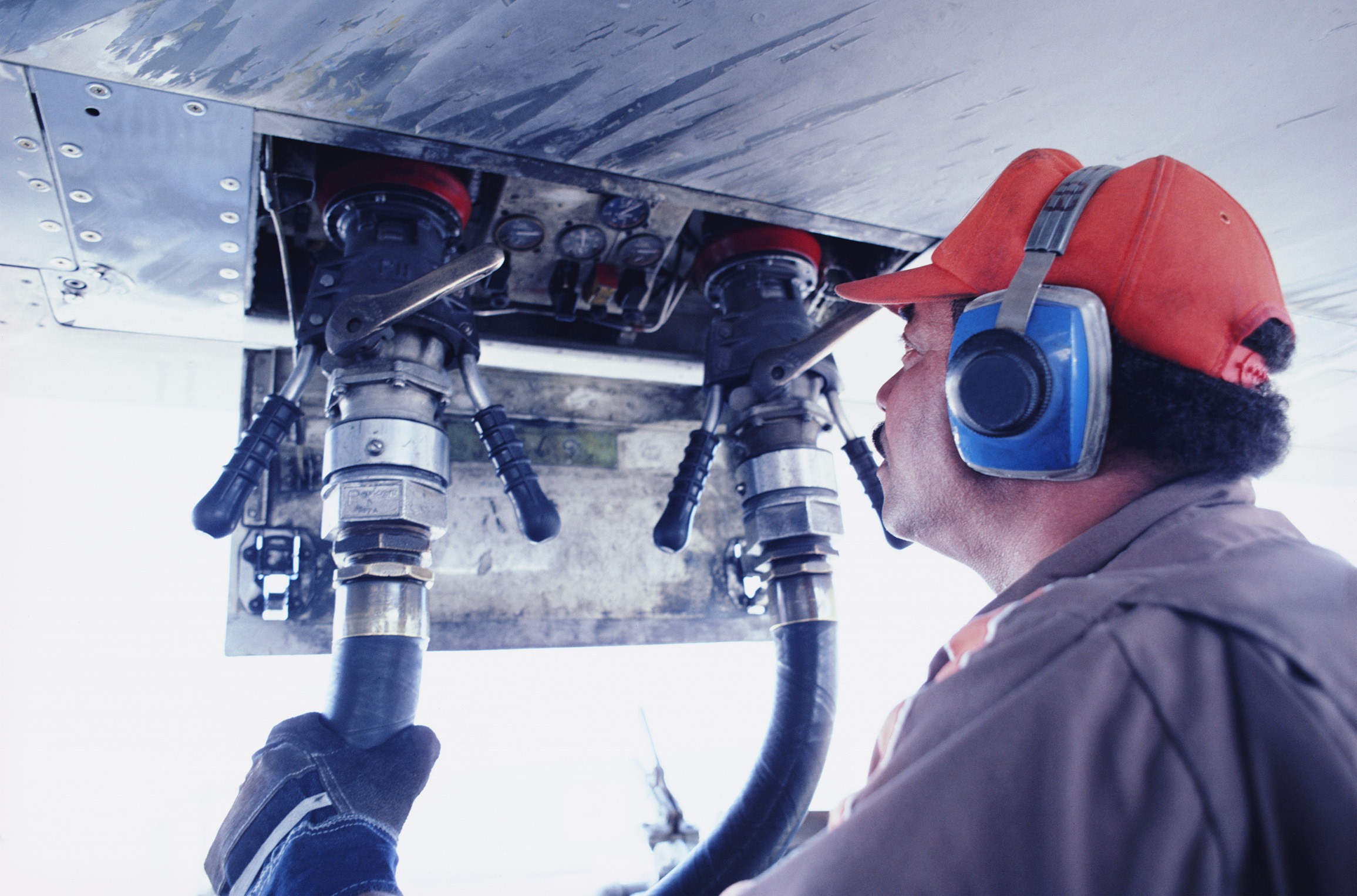Occupational Noise Exposure - Overview
Occupational Noise Exposure - Overview
Overview

The Center for Disease Control (CDC) estimates that 22 million workers are exposed to potentially damaging noise at work each year. Whether you work at a sports venue, entertainment establishment, on a tarmac, or operate a jackhammer—hearing loss is preventable.

